Pop Posts on Crowch
Georgia once again takes the stage of Junior Eurovision — this time not only as a participant, but also as the proud host. After its latest victory, the country secured the right to welcome the contest, further cementing its status as the most successful nation in JESC history.
🏅 Georgia’s Record of Success
- Georgia debuted at Junior Eurovision in 2007 and has participated every year since.
- Victories: 2008 (Bzikebi — "Bzz.."), 2011 (Candy — "Candy Music"), 2016 (Mariam Mamadashvili — "Mzeo"), and 2024 (Andria Putkaradze — "To My Mom"). That makes a total of 4 wins, the highest in the contest’s history.
- The 2024 triumph by Andria Putkaradze established Georgia as the undisputed leader of Junior Eurovision.
🎶 Junior Eurovision 2025 in Tbilisi
- The contest will take place on 13 December 2025 in Tbilisi, marking the second time Georgia hosts the event (the first was in 2017).
- Venue: the Small Hall of the Olympic Palace (New Sports Palace), already confirmed by the organizers.
- Up to 20 countries are expected to participate, with delegations arriving about 10 days before the show to rehearse and take part in cultural events.
- The Georgian government has allocated more than €2.5 million (around ₾8 million) for hosting the contest.
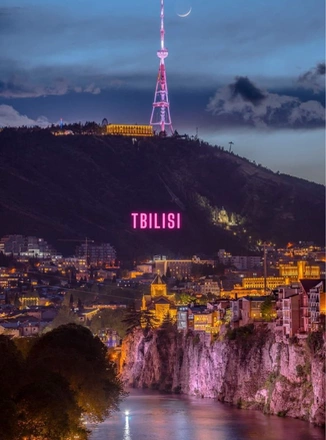
🌍 Why This Matters for Georgia
- Hosting the contest strengthens Georgia’s role as a cultural and creative hub capable of staging major international events.
- Junior Eurovision is not only a competition, but also a platform to showcase national talent, expand international ties, and present Georgia as both hospitable and innovative.
- After Andria Putkaradze’s moving 2024 victory with “To My Mom”, Georgia once again proved its ability to nurture outstanding young performers and support them on a global stage.
🔮 What’s Next
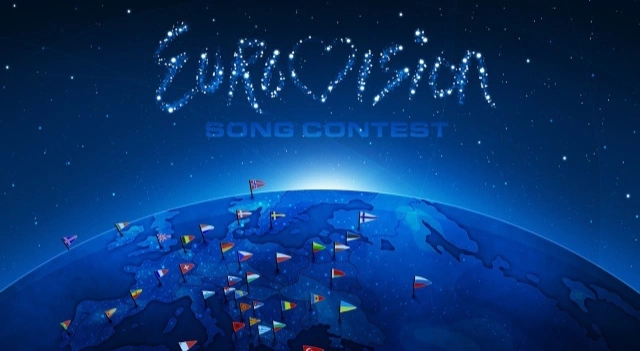
- In the coming months, more details will be revealed: the official slogan, stage design, hosts, ticket information, and promotional campaigns.
- GPB (Georgian Public Broadcaster) has promised an even more ambitious and emotionally charged show than in 2017.
- Follow the hashtag #JESC2025 for teasers, announcements, and behind-the-scenes updates.
🏆 Conclusion
By hosting Junior Eurovision 2025 after its record-breaking fourth win, Georgia reaffirms its cultural ambition and pride. The December contest in Tbilisi is set to become one of the brightest chapters in the history of Junior Eurovision — a celebration of young talent, creativity, and the spirit of a nation that lives through music.
Georgia is a country with a rich culture where music and singing have always played a central role. It’s no surprise that the nation’s participation in Eurovision always sparks pride and excitement. In 2025, Georgia once again stepped onto the Eurovision stage, represented by the charismatic singer Mariam Shengelia with her powerful ballad “Freedom.”
🎤 Who is Mariam Shengelia?
Mariam is one of those artists whose journey is truly inspiring. Without formal music education and without the backing of major producers, she has built her career through persistence, raw talent, and a deep love for music. Stories like hers often resonate strongly with Eurovision audiences, as the contest has always cherished performers who bring authenticity and real emotions to the stage.
✨ The song “Freedom”
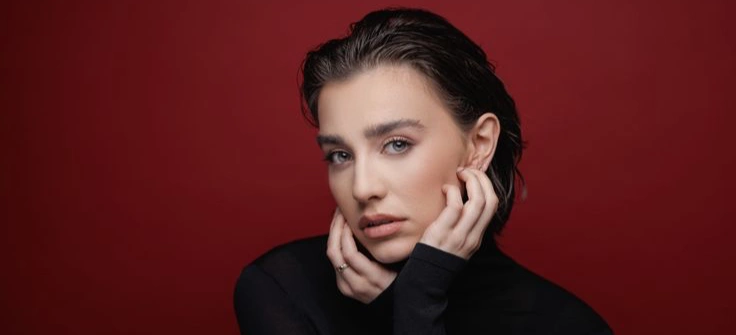
Composed by Keti Gabissiani with lyrics by Buka Kartozia, this track was chosen for a reason. “Freedom” is more than just a ballad—it is an anthem of inner strength and national pride. Mariam explained in interviews that every line is about her homeland, about belonging, and about unconditional love for her people.
On the stage in Basel, Mariam delivered a dramatic performance. With striking visuals, symbolic gestures, and her powerful voice, the act created an atmosphere where deeply personal emotions transformed into a universal message.
📊 Eurovision result
Georgia performed in the second semifinal on May 15, 2025, appearing 10th in the lineup. Unfortunately, the country did not qualify for the Grand Final, finishing 15th out of 16 with 28 points. Despite the result, the performance sparked lively discussions among fans and media. Many praised Mariam’s emotional delivery, the song’s meaningful lyrics, and her captivating presence.

⚡ The debates around Mariam
Mariam has not shied away from political themes, and her statements, along with appearances at concerts backed by different political sides, sparked controversy. This, however, made her image even more widely discussed. Eurovision has always been more than music—it’s often a cultural and sometimes political statement, too.
📜 Georgia’s Eurovision journey
Georgia debuted at Eurovision in 2007. Since then, the country has participated 17 times and reached the final on 8 occasions. Its best results came in 2010 and 2011, when Georgia placed 9th. The nation has yet to claim the Eurovision trophy.
However, in Junior Eurovision, Georgia is a powerhouse. It has won the contest four times, most recently in 2024. Moreover, Georgia will host Junior Eurovision in December 2025, most likely in Tbilisi—a moment of pride and opportunity for the country.
🌍 Why it matters
Even though Georgia didn’t qualify for the final this year, Mariam Shengelia’s performance carried deep symbolic weight. She showed that Georgia continues to stand strong, expressing values like freedom, love, and belonging on the international stage.
Eurovision isn’t only about scores—it’s about cultural dialogue and sharing stories. Every performance on that stage is already a victory.
Freddie Gibbs and The Alchemist are back—and this time, they’re taking us deeper into the world they created with their acclaimed 2020 album Alfredo. The highly anticipated sequel, Alfredo 2, drops on July 25 and promises to be another masterclass in lyrical precision and elite production. With a star-studded guest list including Anderson .Paak, Larry June, and JID, the album also arrives with a slick short film that takes the duo’s storytelling to new visual heights.
🌀 A Sequel Worth the Hype
The original Alfredo earned the pair a Grammy nomination and critical praise for its effortless blend of soulful beats and gritty, introspective bars. Alfredo 2 builds on that legacy but expands the soundscape. The Alchemist, known for his cinematic and sample-heavy style, crafts 14 moody yet magnetic tracks that serve as the perfect canvas for Gibbs’ unflinching delivery and razor-sharp storytelling.
The album opens with “1995,” a nostalgic but hard-hitting track that sets the tone with dusty loops and reflective lyrics. From there, it moves through playful titles like “Lemon Pepper Steppers” and “Empanadas,” before diving into collaborations that push the project into new territory.
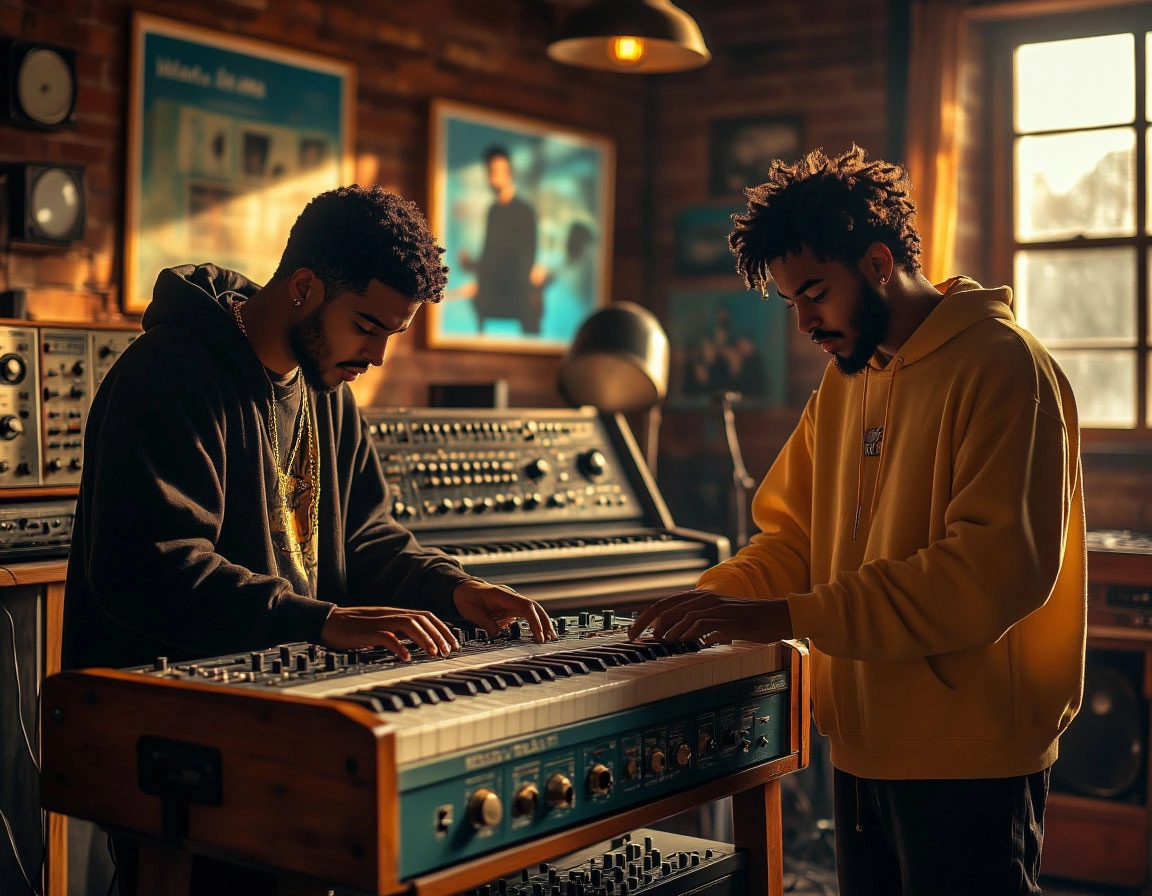
🌍 Global Vibes, Local Truths
To accompany the album, the duo released a short film directed by Nick Walker. Shot entirely in Japan, it blurs the lines between art-house cinema and hip-hop storytelling. In the film, we find Freddie Gibbs in isolation in the mountains, seemingly retired and disinterested in the game. The Alchemist shows up, urging him to return to Tokyo for unfinished business.
Once back in the urban sprawl, Gibbs is pulled into a world of decisions, temptations, and reflection. It’s a metaphor for artistic evolution, personal struggle, and the weight of legacy — themes that Alfredo 2 explores track by track.
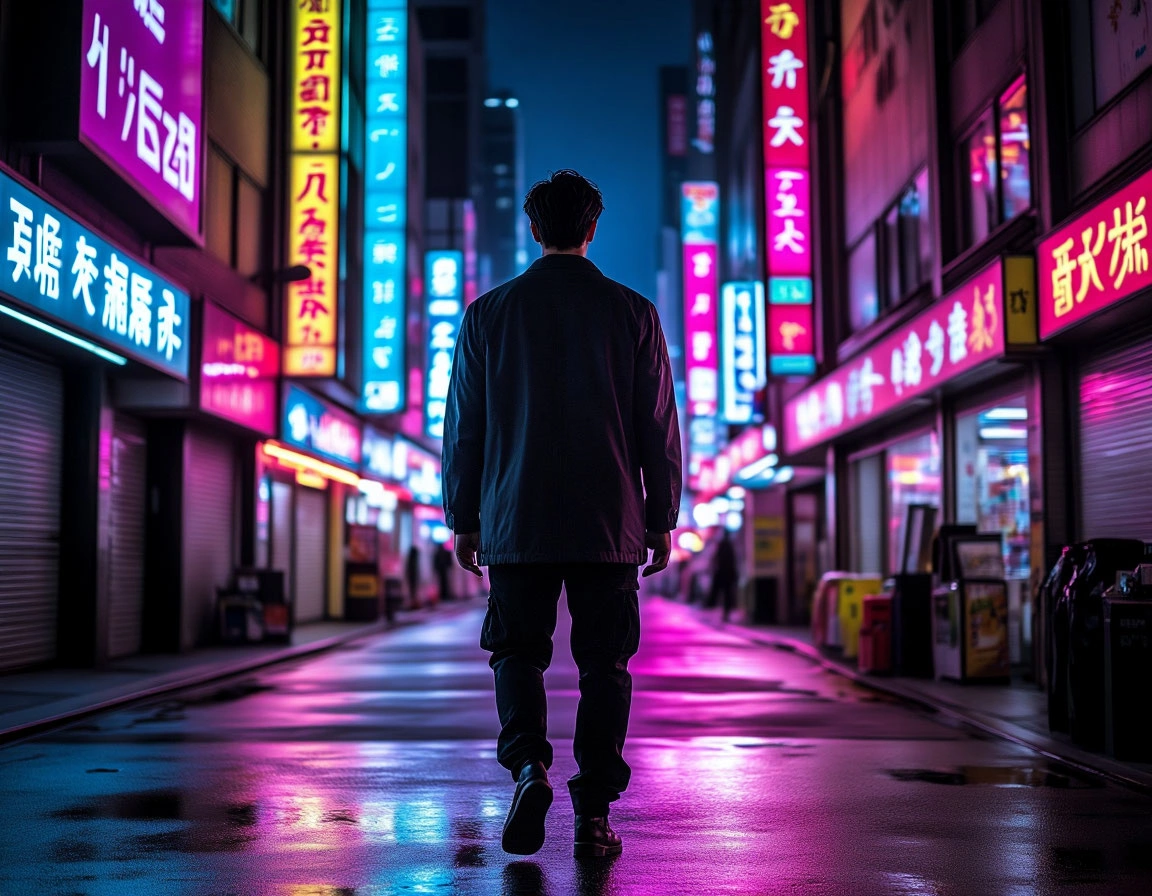
🎤 Guest Appearances That Deliver
Each featured artist on Alfredo 2 brings their A-game. Anderson .Paak appears on “Ensalada,” adding his signature groove and soul. Larry June joins Gibbs on “Feeling,” a track laced with West Coast flavor and smooth luxury talk. Meanwhile, JID brings his rapid-fire, acrobatic flow to “Gold Feet,” elevating the record’s energy with lyrical agility.
These collaborations don’t feel like filler—they expand the album’s emotional and stylistic range, offering lightness, introspection, and swagger in equal measure.
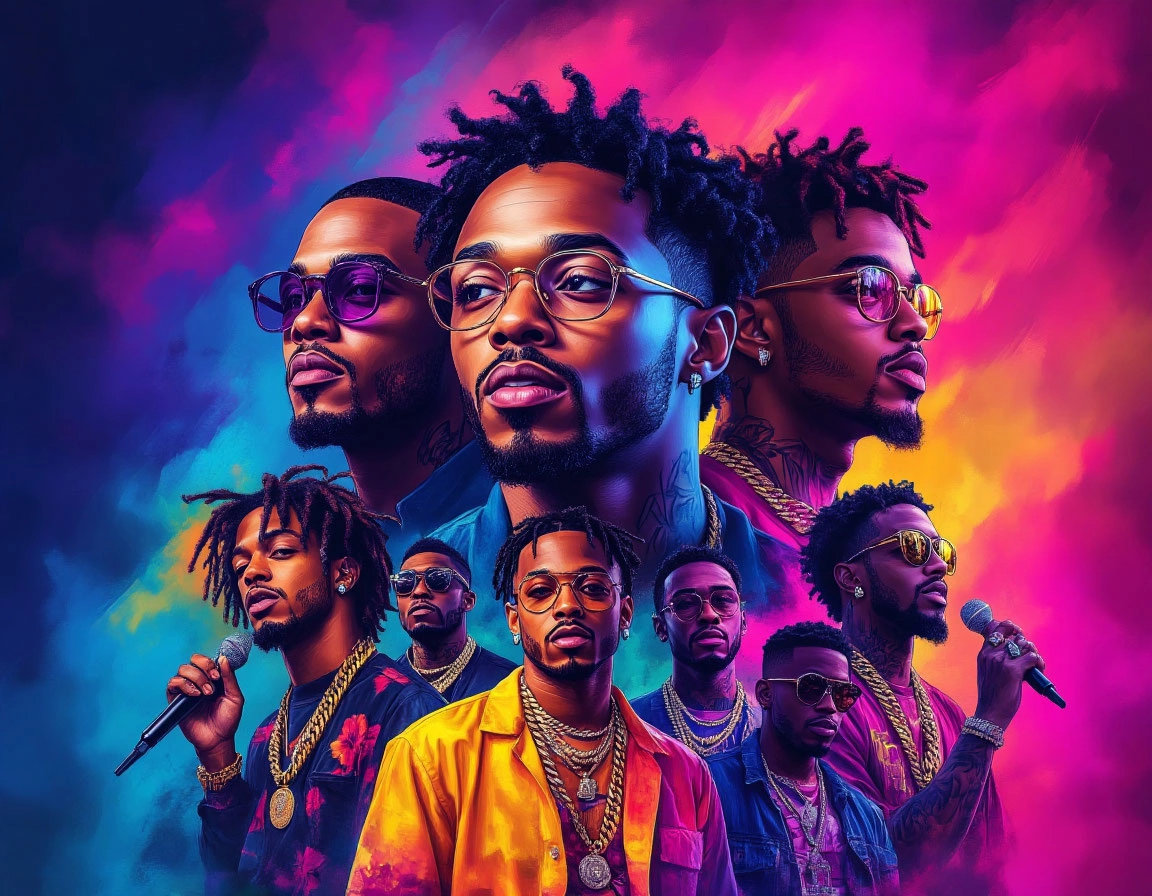
🧠 Themes & Tracklist Highlights
Lyrically, Gibbs moves fluidly between past and present—reminiscing on his days hustling while meditating on his current place in the industry. On “I Still Love H.E.R.,” he pays homage to hip-hop culture itself, while “Shangri La” and “Lavish Habits” explore the tension between peace and materialism.
The Alchemist, as always, delivers beats that feel dug from vinyl crates in alternate universes—gritty, textured, and hauntingly beautiful. His production here is not just a backdrop but a co-narrator of the album’s story.

🏔️ Still Climbing Mountains
The closing track, “A Thousand Mountains,” feels like a summation of the entire Alfredo saga. It’s cinematic, introspective, and raw—a quiet thunderstorm of bars and beats that suggests this might not be the end, but rather another step in a longer journey.
Freddie Gibbs and The Alchemist aren’t just revisiting old territory—they’re elevating it. Alfredo 2 is a rare sequel that actually enriches its predecessor, giving fans both continuity and evolution.

🎶 Full Alfredo 2 Tracklist:
- 1995
- Mar-a-Lago
- Lemon Pepper Steppers
- Ensalada (ft. Anderson .Paak)
- Empanadas
- Skinny Suge II
- Feeling (ft. Larry June)
- I Still Love H.E.R.
- Shangri La
- Gas Station Sushi
- Lavish Habits
- Gold Feet (ft. JID)
- Jean Claude
- A Thousand Mountains
Few bands have left as lasting a mark on punk and grunge culture as L7. Now, four decades since their formation, the iconic all-female group is preparing to celebrate their 40th anniversary with a blowout show in their hometown of Los Angeles. Mark your calendars: on Friday, October 3, the Belasco Theater will transform into a riotous celebration of punk, power, and persistence — with help from fellow legends Lunachicks and the Brazilian dance-punk force CSS.
⚡ Four Decades of Defiance
Formed in 1985 by vocalist Donita Sparks and guitarist Suzi Gardner, L7 quickly carved out a space for themselves in the male-dominated rock scene. Their raw sound, politically charged lyrics, and unapologetic stage presence made them not just a band, but a movement. Albums like Bricks Are Heavy and Smell the Magic captured a unique fusion of punk grit and metal muscle, inspiring a generation of riot grrrls and alt-rock rebels.
Though they disbanded in 2001 after years of pushing the envelope, L7 returned in the mid-2010s, proving their fire hadn’t dimmed. Their 2019 comeback album Scatter the Rats was a loud declaration that they still had something to say — and weren’t afraid to shout it.
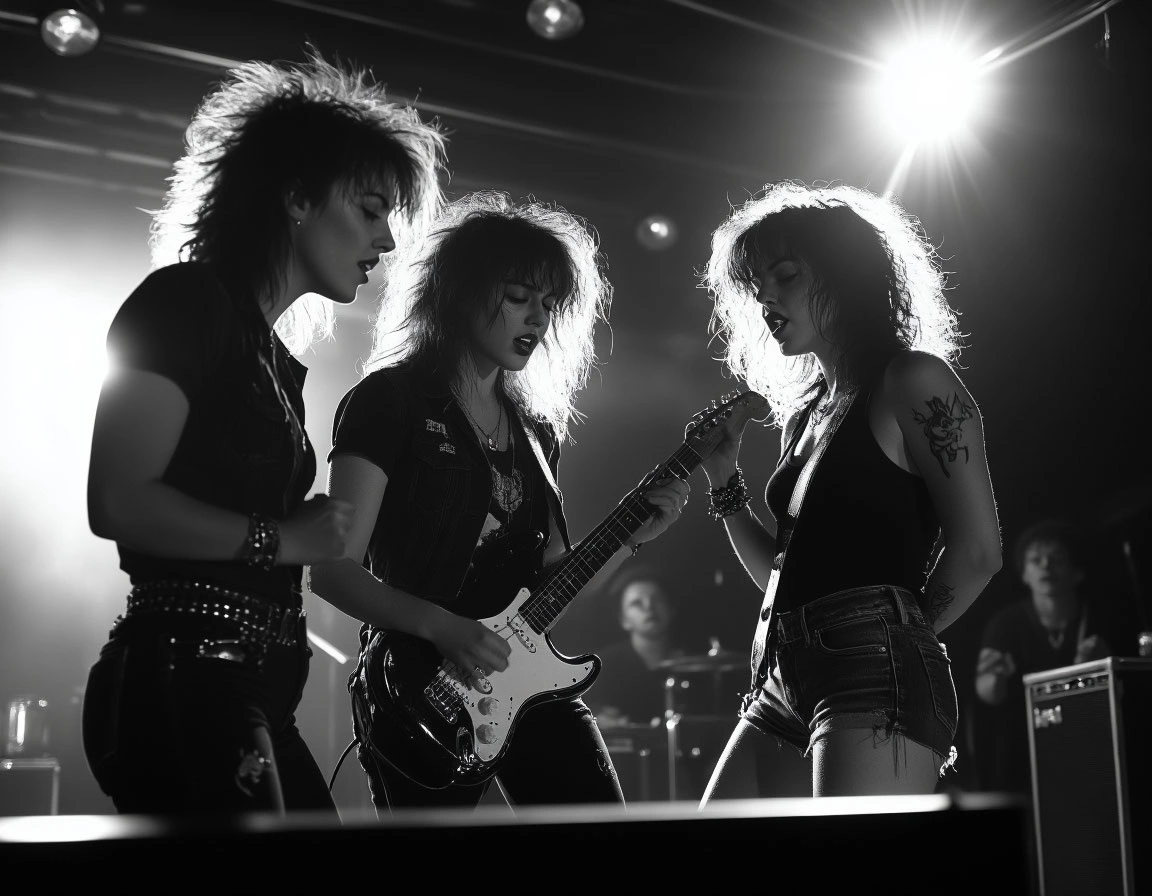
🧨 A Lineup Full of Attitude
Curated personally by Donita Sparks, the anniversary show will feature not just L7, but two other explosive acts: Lunachicks and CSS. “I think all three of our bands share a certain sense of humor, political right-on-ness, and bombastic energy,” Sparks said in a statement. “So, look out, mellow ones… you will be rocking!”
The Lunachicks — notorious for their wild performances and irreverent spirit — are a perfect fit for the event. Emerging from the late ’80s NYC punk scene, they’ve long embodied feminist rage and satire in equal measure. Meanwhile, CSS (Cansei de Ser Sexy) brings a Brazilian twist to the night, known for their danceable blend of indie rock and electroclash, paired with a mischievous, DIY ethos.

🔥 The Belasco Will Burn (Metaphorically)
Located in the heart of downtown Los Angeles, The Belasco is an intimate yet grand venue — the perfect place to host a celebration that honors four decades of underground music defiance. The date: Friday, October 3. Fans can expect a night of unfiltered rock, defiant fashion, and sisterhood-driven chaos.
More artists are expected to be added to the bill, making this a must-see event for lovers of punk history and high-octane live shows. Whether you’ve been a fan since the ’80s or discovered L7 through their recent revival, this is a moment worth experiencing.
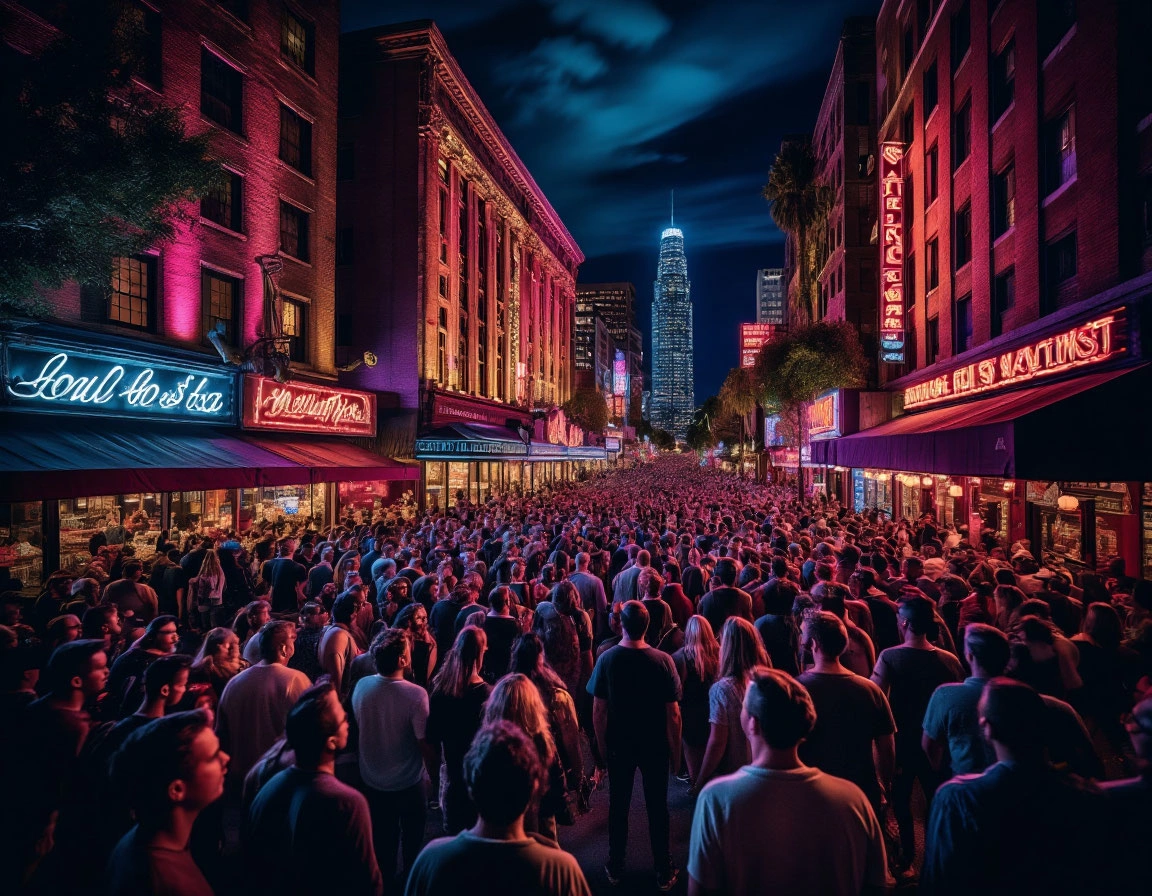
💬 Why It Still Matters
L7 has always been more than music — they’ve been about pushing back. Against norms. Against silence. Against being told to sit down and shut up. Their legacy is one of empowerment and noise, and in 2025, they’re still turning up the volume.
In a world where the cultural conversation around gender, power, and resistance is still evolving, their music feels as necessary as ever. Celebrating 40 years of L7 isn’t just about nostalgia — it’s a reminder that the punk spirit lives on, loud and proud.
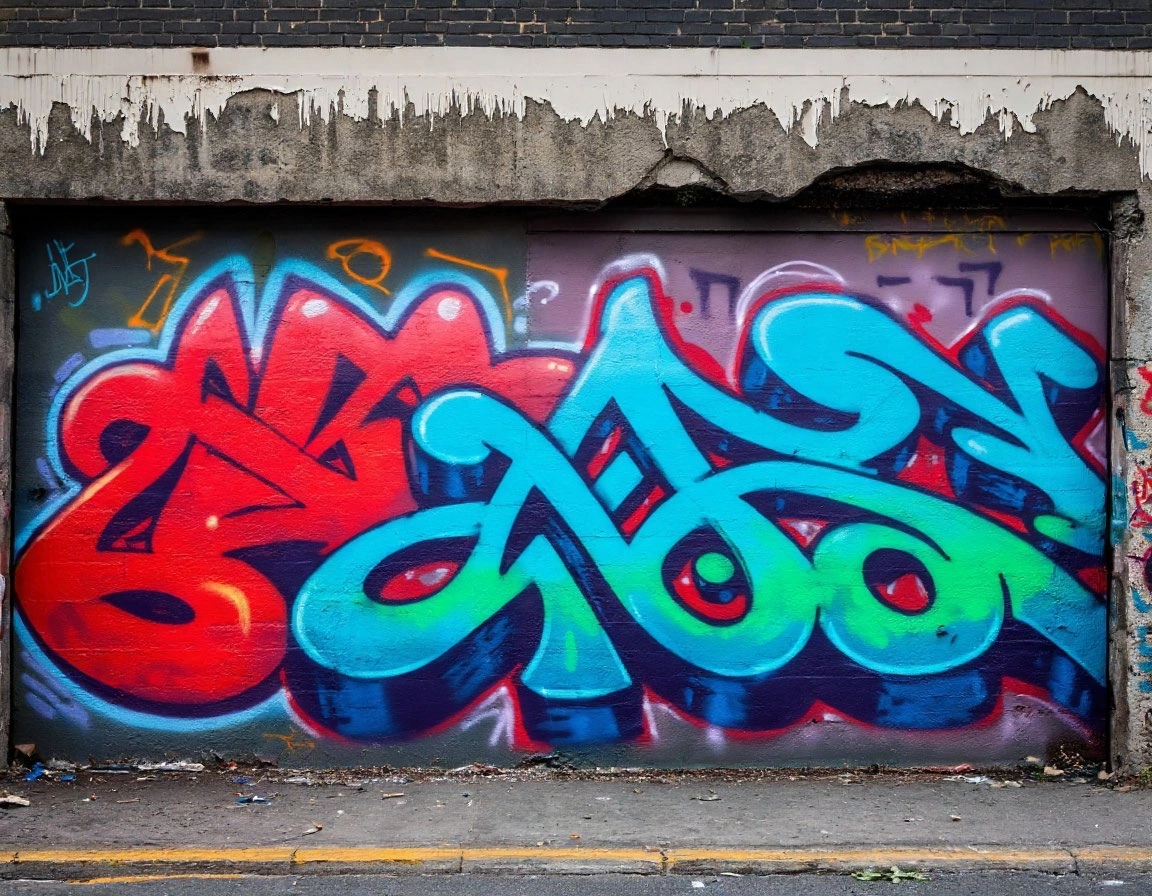
🎟️ Tickets are expected to sell out fast. So dig out your Docs, spike your hair, and get ready to scream along with three generations of rock icons. This isn’t just a concert — it’s a celebration of attitude, rebellion, and 40 years of making noise.
With the music world constantly delivering fresh and exciting sounds, staying in the loop can be overwhelming. But don't worry — we’ve rounded up the 8 most intriguing new albums that deserve a spot in your playlist right now. From major label debuts to experimental ambient collaborations, this week’s releases offer something for every taste.
🌟 Alex G – Headlights (RCA)
Genre: Indie Rock / Lo-Fi
Alex G steps into the big leagues with his first major-label release, Headlights. This marks the artist’s 10th studio album and his RCA debut. Known for intimate, strange, and emotionally raw music, Alex G blends lo-fi textures with melodic songwriting. In press statements, he calls the album a mix of “absurd twists and mundane milestones,” setting the stage for a sound that’s both grounded and surreal. Singles like “Afterlife,” “June Guitar,” and “Oranges” previewed the album's shifting emotional tones and quirky sonic palette.
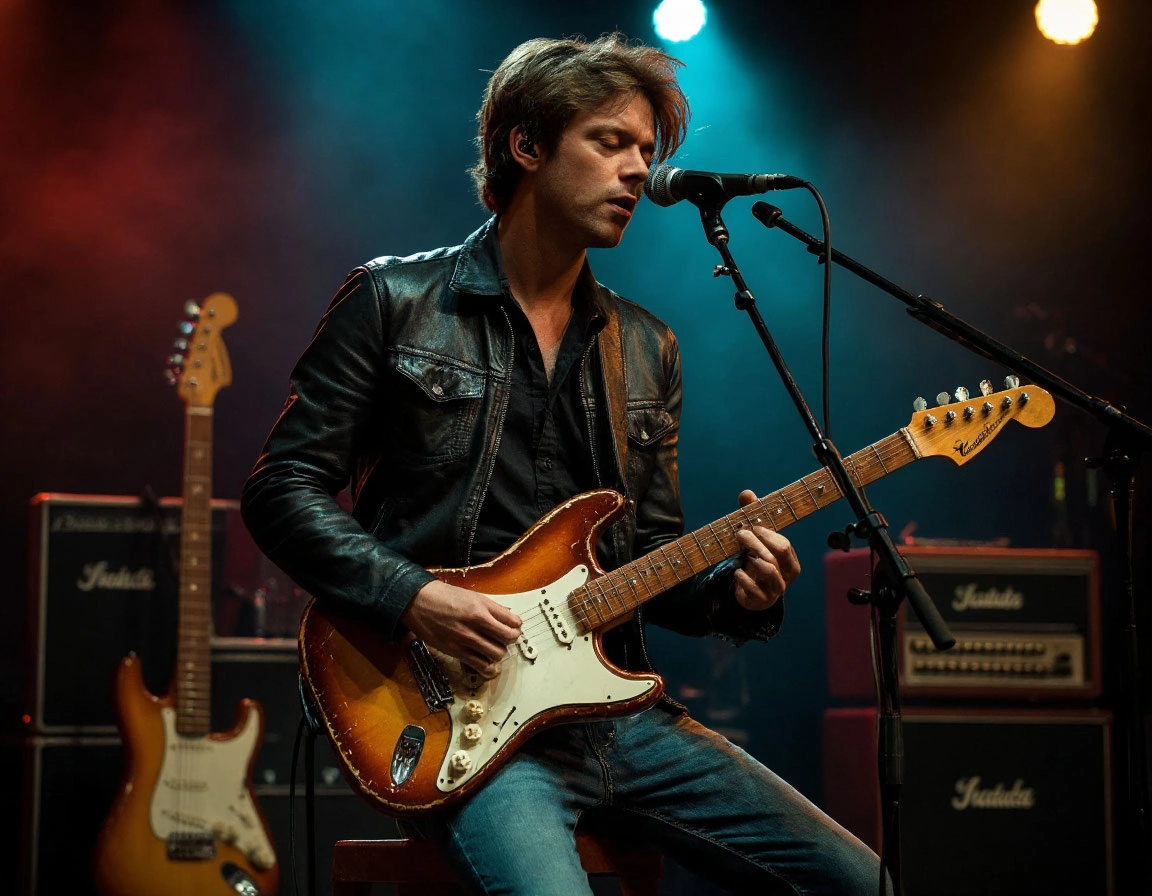
🐺 Raekwon – The Emperor’s New Clothes
Genre: Hip-Hop / East Coast Rap
Wu-Tang Clan legend Raekwon returns with a powerful new 17-track LP. The Emperor’s New Clothes features a star-studded lineup including Nas, Ghostface Killah, Method Man, and more. It's Raekwon’s first solo album since 2017, and it brings gritty New York storytelling back to the forefront. With appearances from Buffalo rap titans like Conway the Machine and Benny the Butcher, the album balances classic boom-bap vibes with fresh energy.
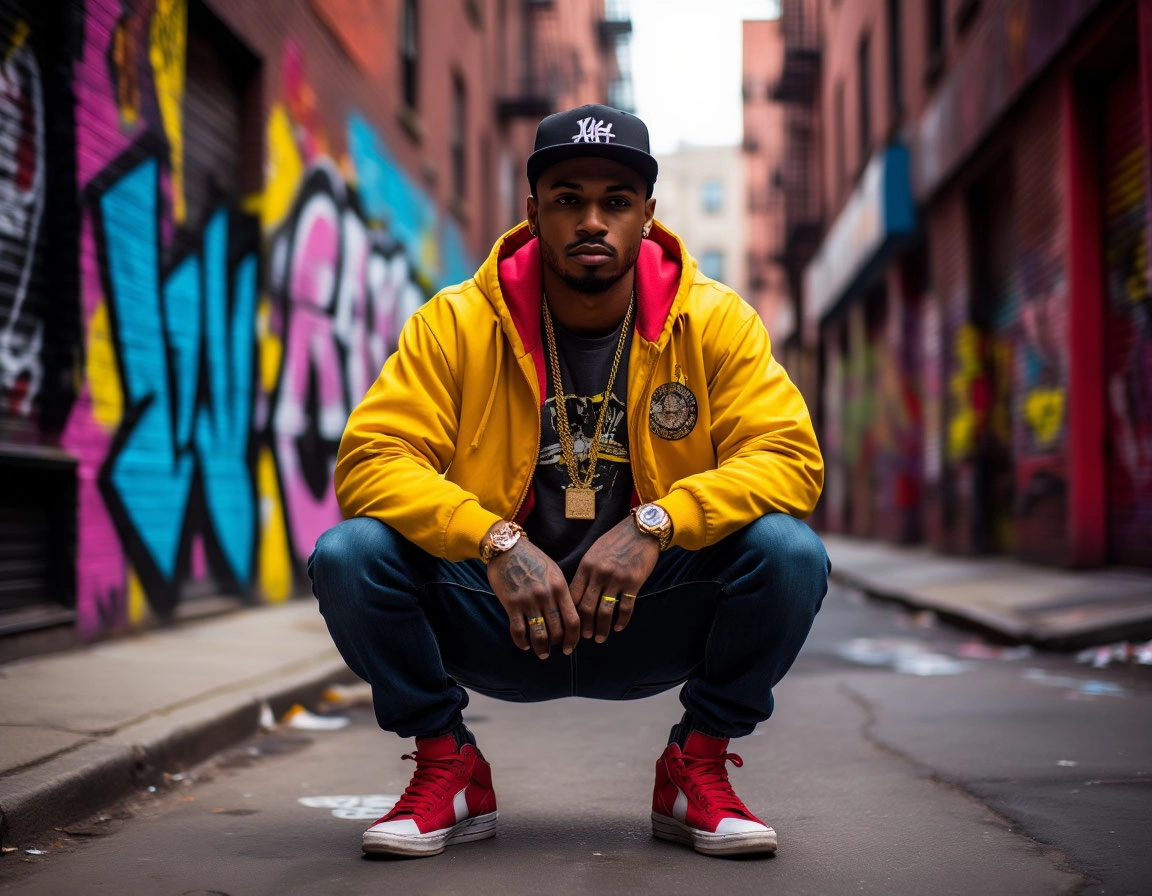
🔊 DJ Haram – Beside Myself (Hyperdub)
Genre: Experimental / Club / Electronic
DJ Haram’s debut album Beside Myself is an intense ride through dark club beats, haunting melodies, and Middle Eastern percussive rhythms. This 14-track LP includes collaborations with artists like Moor Mother, Bbymutha, and Armand Hammer, delivering a raw, genre-defying journey. The music is politically charged, spiritually haunting, and deeply danceable.
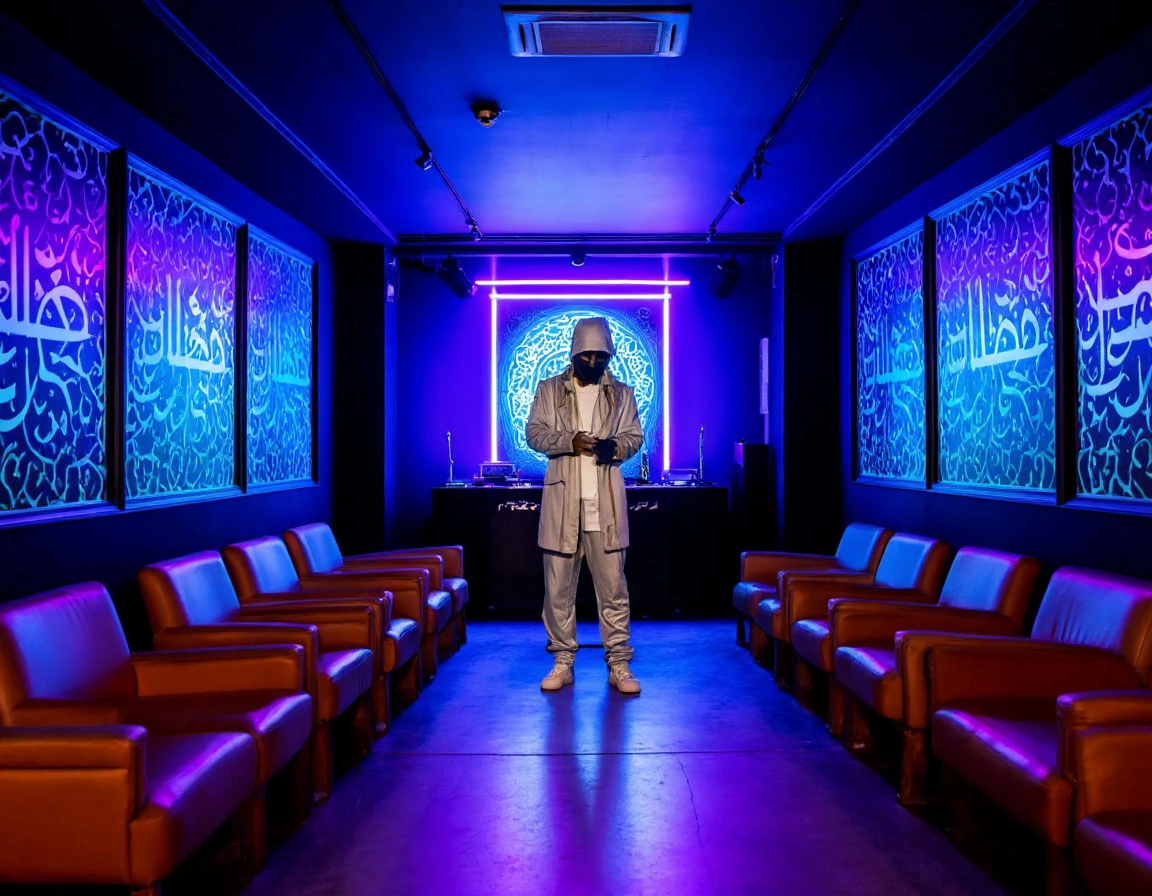
🔥 Che – Rest in Bass (10K Projects)
Genre: Trap / Hyperpop
Young Atlanta rapper Che drops his second album this year with Rest in Bass, a glitchy and energetic project filled with digital chaos and inventive flows. The track “Hellraiser” featuring OsamaSon stands out for its pixelated production and aggressive vocals. This release cements Che as one of the boldest new voices in the alt-trap movement.
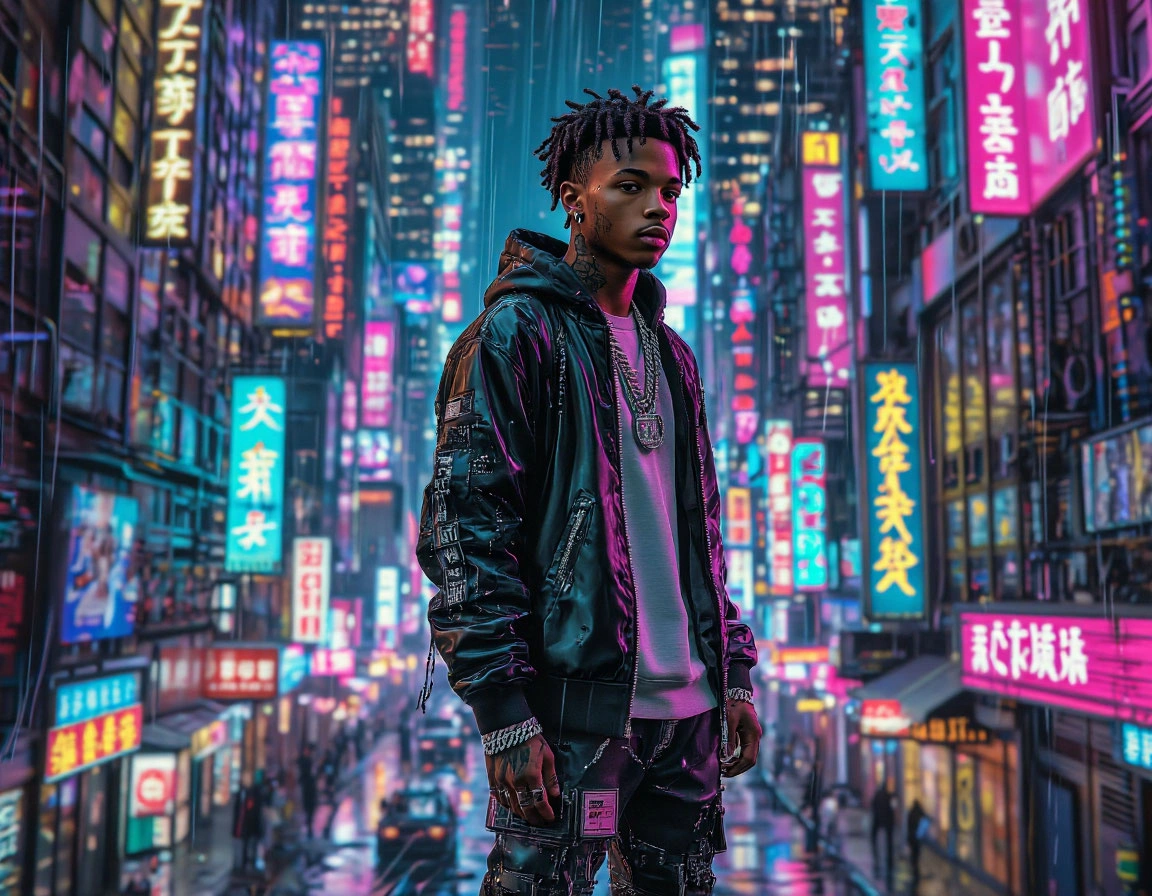
🎤 Anycia & DJ Drama – Grady Baby (UnitedMasters)
Genre: Southern Rap / Mixtape Culture
Atlanta’s rising voice Anycia joins forces with DJ Drama for the new mixtape Grady Baby, packed with confident flows and deep ATL roots. Songs like “No Scrub” nod to TLC’s iconic legacy, while the rest of the project pulses with smoky beats and minimalist trap instrumentation. Anycia’s low register and commanding presence shine across the tape.
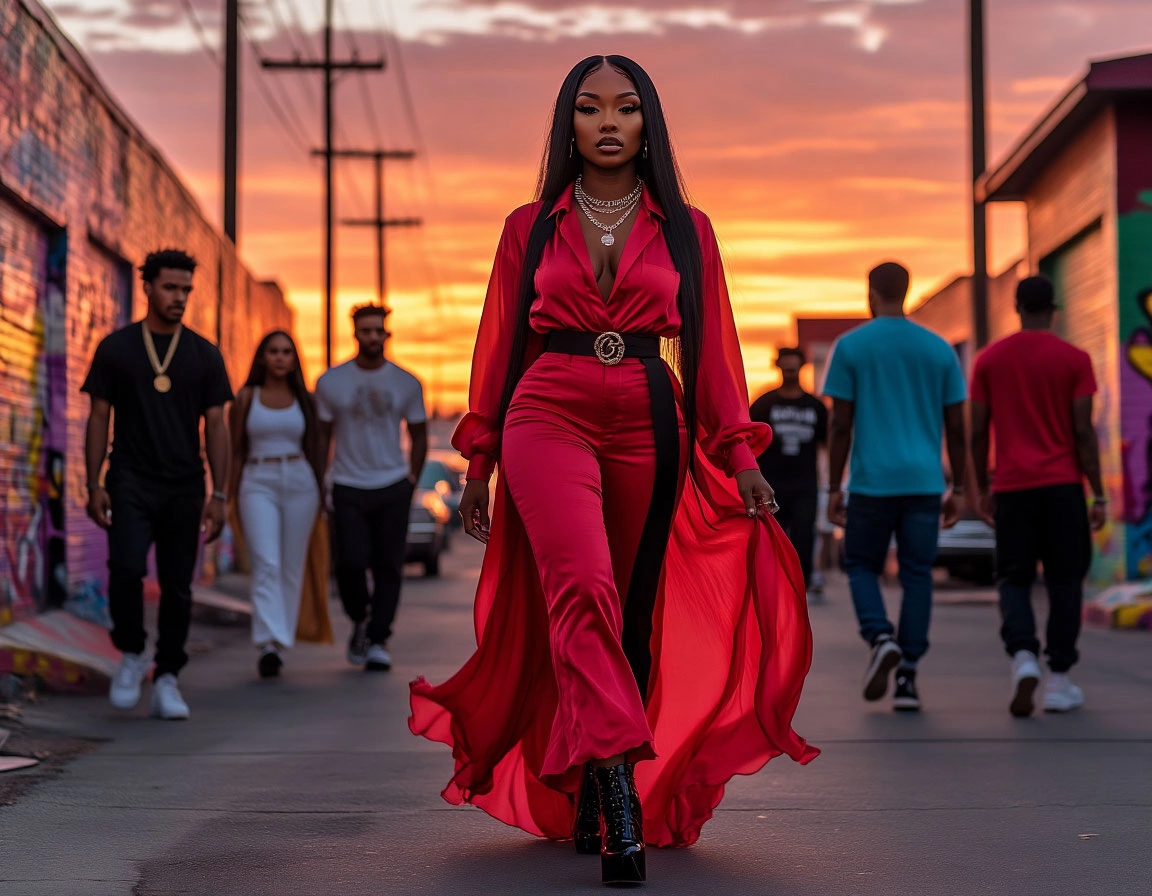
🌱 $ilkMoney – Who Waters the Wilting Giving Tree… (Lex)
Genre: Underground Hip-Hop / Funk
Yes, the album title is a mouthful: Who Waters the Wilting Giving Tree Once the Leaves Dry Up and Fruits No Longer Bear? But so is the music. Virginia rapper $ilkMoney offers psychedelic funk beats, off-kilter raps, and a philosophical outlook that balances satire and substance. The LP is his most ambitious since 2022 and includes producers like Kahlil Blu and Sycho Sid.
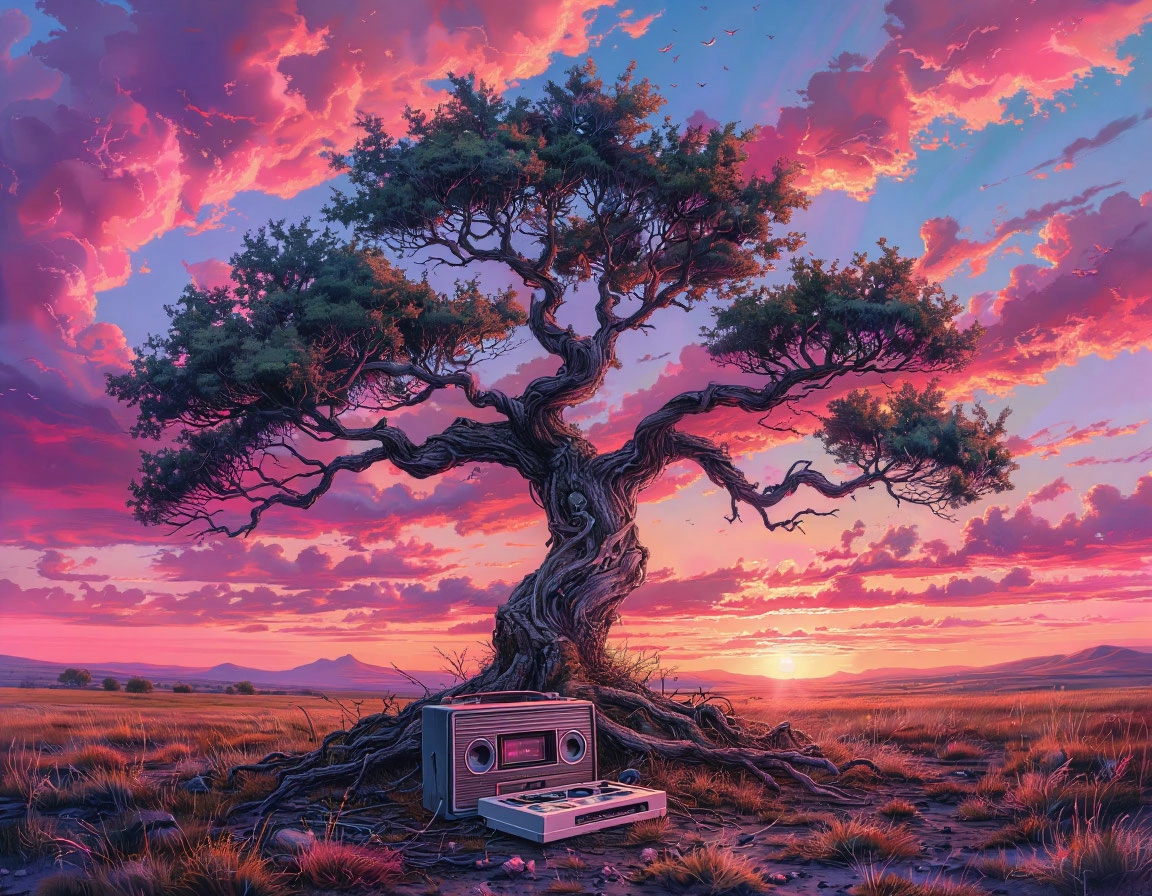
🌿 Sofie Birch & Antonina Nowacka – Hiraeth (Unsound)
Genre: Ambient / Experimental Folk
This beautiful ambient album was recorded during a nature retreat in rural Poland using only acoustic instruments, a tape machine, and voice. Sofie Birch and Antonina Nowacka then added synthesizers in post-production to create a dreamy soundscape. Their second collaboration, Hiraeth, blends natural textures with celestial vocals and electronic undercurrents.

City pop, once a lush and nostalgic wave of glamorous Japanese pop-funk from the late ’70s and ’80s, has recently become the latest target in the growing march of generative AI. What started as a digital renaissance — with Western audiences discovering artists like Mariya Takeuchi and Tatsuro Yamashita — is quickly deteriorating into a flood of lifeless machine-made clones. The soul of the genre, built on jazz harmonies, layered instrumentation, and romantic mystique, is being flattened into algorithmic loops with artificial charm and no real heart.
Once the province of crate-diggers and passionate fans rediscovering old vinyl treasures, city pop is now overflowing with AI-generated tracks on YouTube and Spotify. These songs often feature unrealistic, retro-fetishized artwork — glossy, smiling women posing by sports cars under pixel-perfect sunrays — and misleading titles that imply real cultural or temporal specificity: "Rainy Tokyo Love," "Cruising Through Shinjuku '84," or "Night Feels in Harajuku."
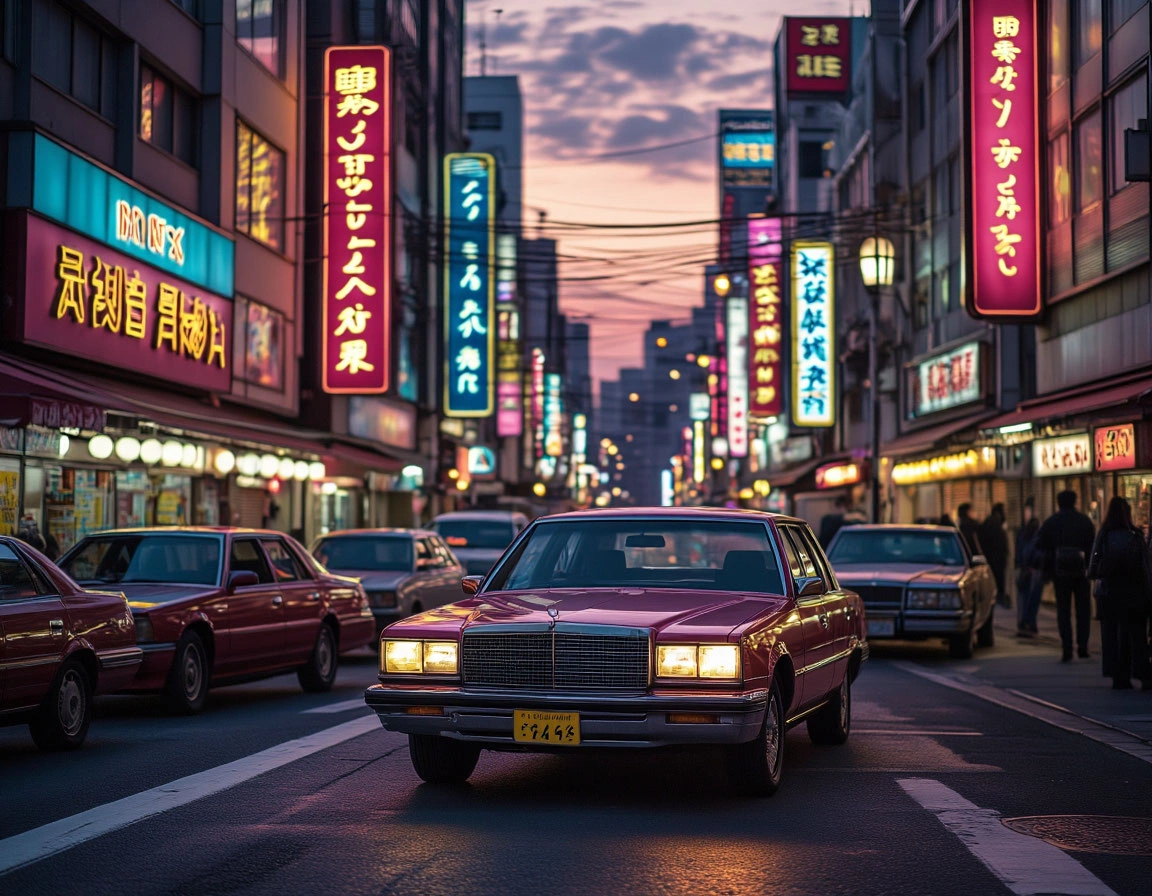
Listeners and collectors are starting to notice the cracks. In forums and fan communities, people have begun unraveling the truth behind many of these tracks. Sometimes it's as small as a detail on a license plate in the artwork that doesn't comply with Japanese standards, or clothing styles that don’t match the era. Other times, digging into Discogs reveals the absence of any record or history for the supposed "artist." AI music may be prolific, but it's often shallow — with four or five audio layers trying to mimic the complexity of a genre built on intricate musical craftsmanship.
Musician Amanda Nolan, who grew up between Nashville and Tokyo, describes the issue plainly: “There’s so much layering in real city pop — jazz chords, horns, analog synths, real drum machines — every element counts. AI music skips all of that nuance.” As she reconnected with her roots through city pop covers, she found AI renditions insulting: sterile loops that rely on recycled progressions from classics like “Plastic Love” or “Stay With Me,” delivered by synthetic vocals and clumsy lyrics that mimic language but lack soul.
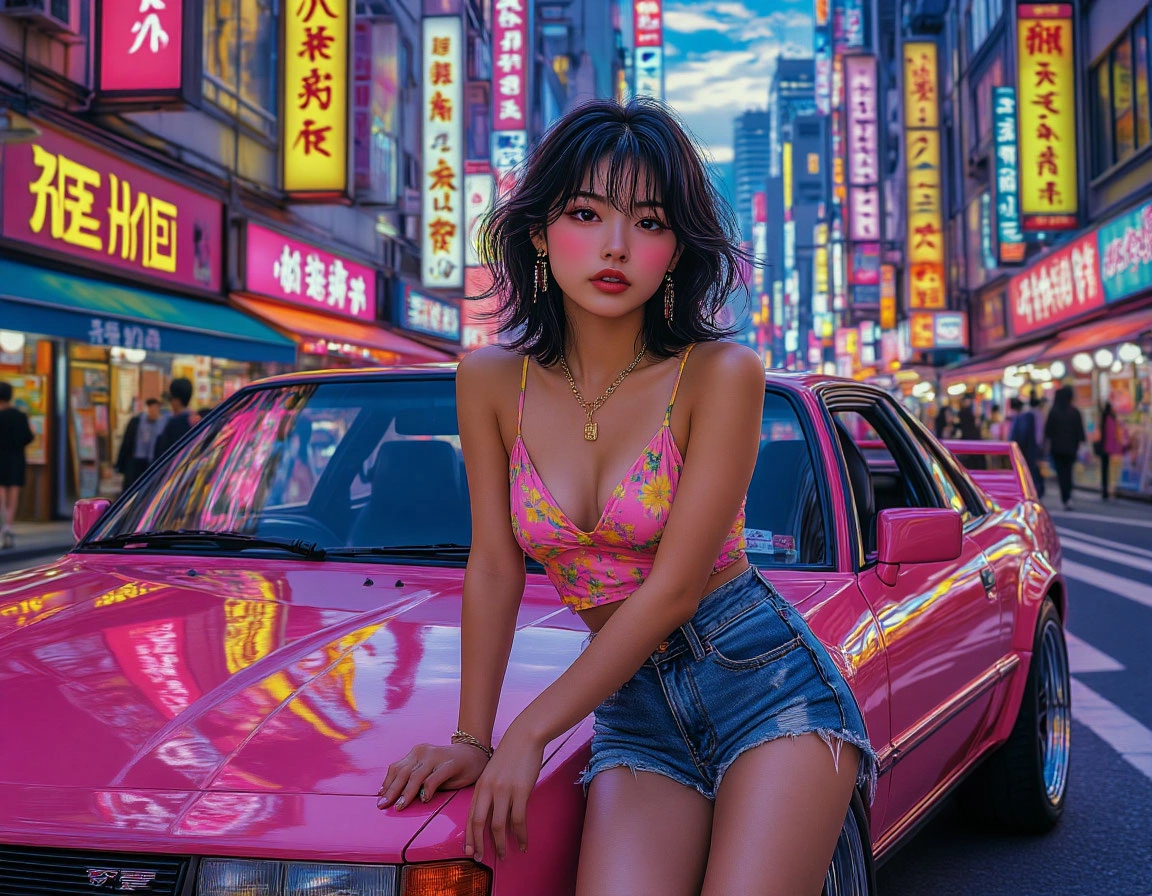
The AI-produced tracks flooding YouTube — often hours-long mixes with names like “Heartfelt Tokyo Nostalgia Night Drive” — are designed to game recommendation algorithms, not respect the genre’s legacy. To some, it’s just another form of background music, indistinguishable from lo-fi hip hop. But to artists like Yung Bae, a producer heavily influenced by city pop and future funk, this trend feels like cultural vandalism. “Typing prompts into AI isn’t music production,” he says. “It’s doomscrolling in audio form.”
However, not all AI efforts are careless. Sho, a 39-year-old producer from Shimane, Japan, uses tools like Suno to make AI city pop mixes with care and intention. He feeds his own piano and guitar recordings into the software, adds era-specific effects, and spends a week crafting a single three-hour mix. Sho’s channel Beat Flickers has earned him about $7,000 since last year, and while his vocals still have that metallic sheen, his attention to detail — like proper use of Japanese lyrics and authentic instrumentation — sets his work apart from the noise.
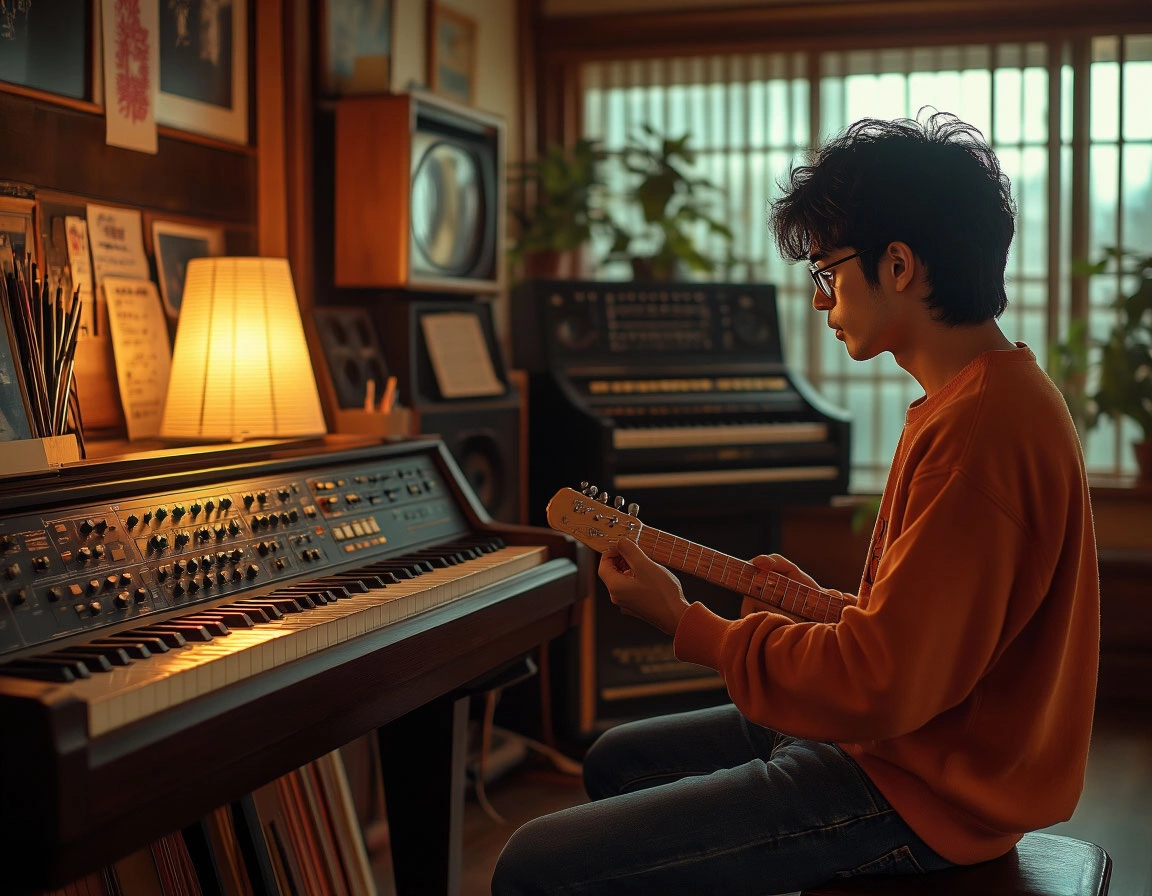
Sho listens to his creations on walks with his dog, Abby. He’s hopeful but honest: “I don’t think AI can surpass the human magic of real city pop — but maybe it can help expand it, respectfully.” His dream is to one day collaborate with a real city pop singer. Until then, he treats the process like archiving a feeling — not replacing it.
Platforms like Spotify and YouTube have been slow to regulate this generative flood. While YouTube now allows creators to disclose AI use, there are no serious content restrictions outside of political deepfakes or abuse. Their recent tweaks to demonetize repetitive uploads may slow some of the worst spam, but the music landscape is already saturated with formulaic AI tracks masquerading as authentic culture.
Reddit moderator Jake, who runs the r/citypop community of 75,000 fans, has enforced a “no AI” policy — though enforcement is tricky. Many fan-made songs, even by humans, fall into the same Muzak-like trap and get flagged. “A lot of the attempts lack the emotional essence of the genre,” Jake explains. “The spirit of city pop is in the imperfections — the warm reverb, the offbeat drums, the way a singer holds a note just too long. AI can’t replicate that.”
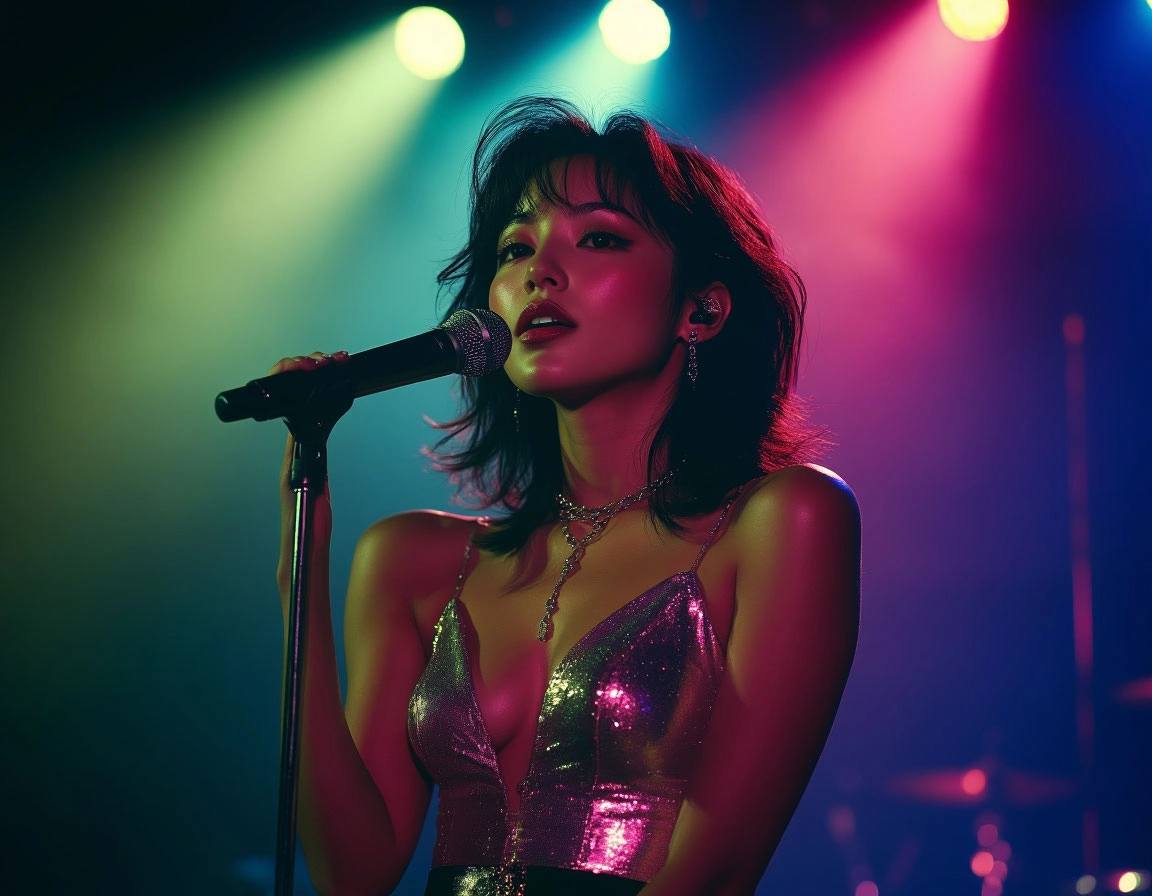
But not everyone sees AI as a threat. Jaime Lukini, a 52-year-old Peruvian-American musician living in Portugal, considers AI a revolutionary tool — “a complex, unpredictable assistant,” as he puts it. For him, AI is like a new synthesizer or sampler: not a replacement for creativity, but an extension of it. “The emotion still comes from the human,” he says. “AI just expands the canvas.”
Still, as algorithms continue to privilege click-friendly generative tracks over the rich heritage of city pop, a deeper fear is surfacing. What happens to the genre’s legacy when the archives are flooded with imitations? When future generations try to study the music, will they be able to tell the real from the fake? Will Tatsuro Yamashita’s pioneering work be remembered — or buried under a pile of synthetic nostalgia?
City pop’s story is one of glamour, longing, and human craftsmanship. As fans and musicians fight to preserve its essence, one thing is clear: art made by humans is irreplaceable — no matter how perfect the illusion becomes.

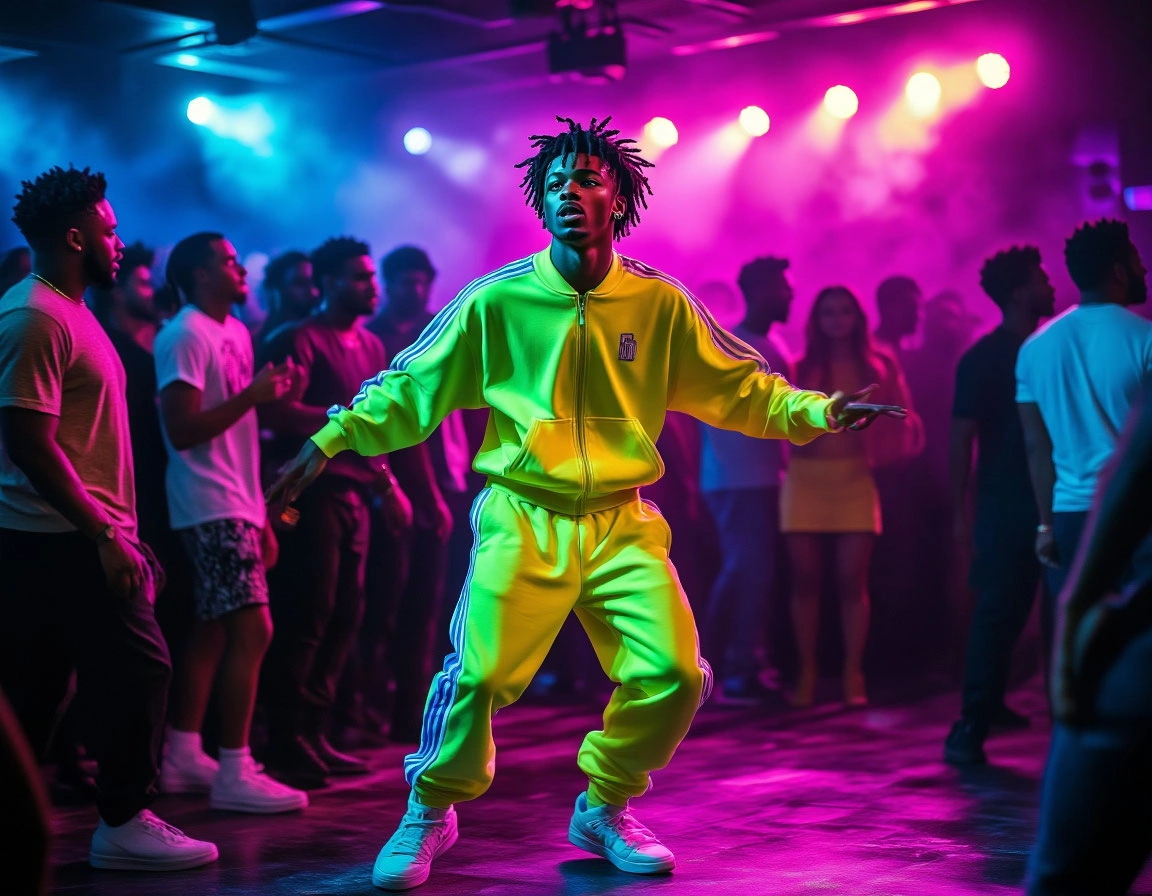
Tyler, the Creator has done it again. With the surprise release of his latest project, Don’t Tap the Glass, the genre-bending artist brings us a 10-track sonic burst that’s equal parts party, protest, and personal reflection. Released on July 21 without the usual single drops or promotional noise, this album is less about hype — and more about vibe.
Following his October release of Chromakopia, Tyler’s new album clocks in at just under 30 minutes. But within that short runtime, he manages to deliver a potent mix of sound and emotion, capturing what he calls a “dance-forward” spirit meant for movement — not overanalysis.
💃 The Spirit of Movement, Reclaimed
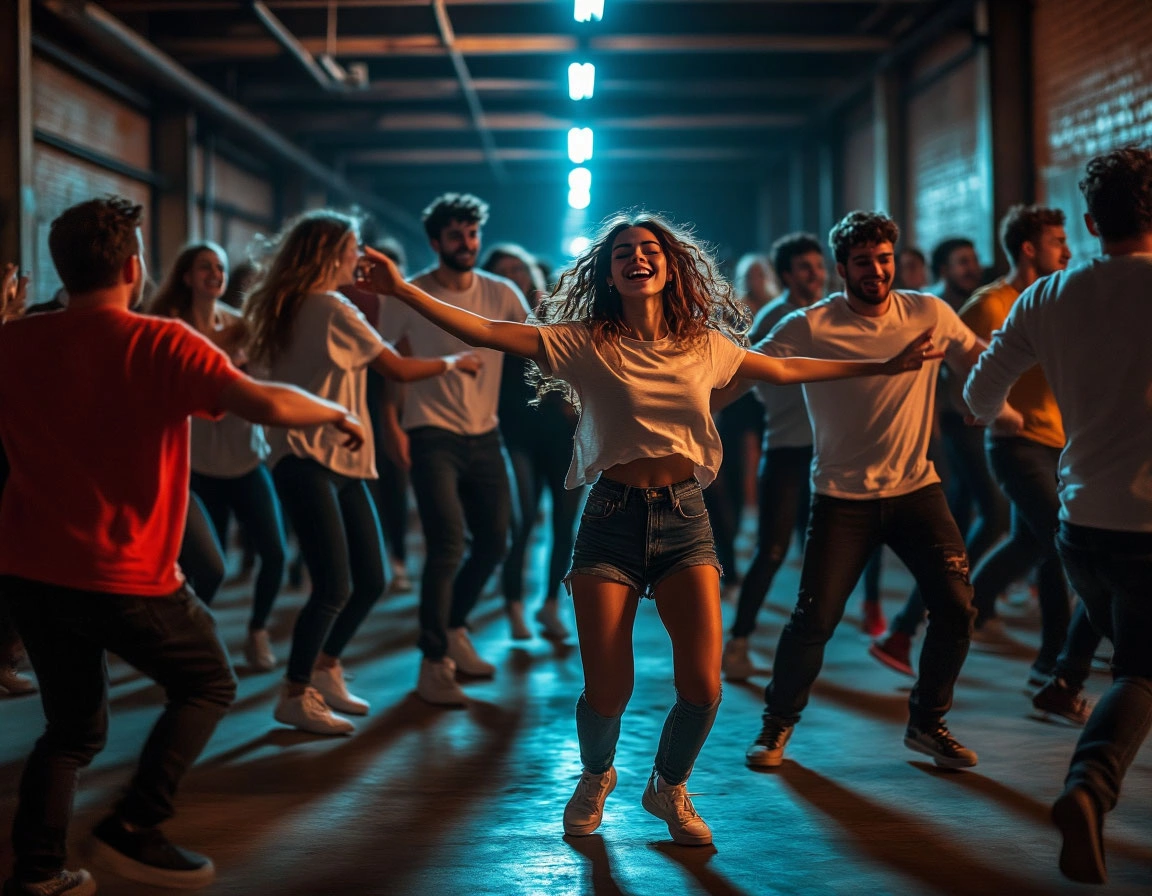
In a heartfelt note shared online, Tyler explained the concept behind Don’t Tap the Glass. It wasn’t born in a studio for streaming playlists — it was born in a room filled with people moving, sweating, and losing themselves in rhythm. At a no-phones-allowed listening party with 300 people, Tyler found what modern life often lacks: a room full of humans unfiltered, unafraid to feel.
“I asked some friends why they don’t dance in public,” Tyler writes. “And they said: fear of being filmed.” That fear — of becoming a meme, of being seen enjoying yourself too much — is the glass we’re not supposed to tap. But Tyler’s not here for quiet. He wants the room to shake.
🎧 Don’t Just Listen — MOVE

The album is intentionally built for action. Tracks like “Big Poe,” which opens the record with a Busta Rhymes sample and an unidentified guest verse, invite listeners to abandon stillness. The beats are infectious, layered, raw. There’s funk, bounce, and even a nod to early-2000s hip-hop energy. But Tyler’s deeper point is this: You won’t get it if you sit still.
“Dancing, driving, running — any type of movement is recommended,” Tyler insists. And with no pre-release singles and minimal marketing, he’s encouraging fans to experience the full record as a single breath — uninterrupted, uninhibited.
🚫 No Teasers, No Distractions

While Tyler has been known for tight album rollouts, Don’t Tap the Glass might be his most spontaneous drop yet. Unlike Flower Boy, IGOR, or Call Me If You Get Lost, which all had teaser singles and announcement windows of over a week, this album appeared almost out of nowhere — just a few cryptic social posts, and then boom: release day.
This stripped-back approach mirrors the raw energy of the album. No distractions. No filters. Just sound. Just motion.
🌍 Still Touring, Still Transforming

Even as Don’t Tap the Glass gains traction, Tyler is still deep into his Chromakopia world tour, with remaining dates across the U.S., Canada, New Zealand, Australia, and several major stops across Asia. He’s also set to headline key festivals like Lollapalooza and Outside Lands, where fans may get a live taste of this dance-heavy new material.
It’s a bold time in Tyler’s career — one foot in high-concept art and another on the dancefloor.
🕺 Why This Album Matters
In a world where authenticity is often punished and vulnerability goes viral, Don’t Tap the Glass is a manifesto. It says: move anyway. Laugh anyway. Dance anyway. Even if someone’s watching.
With no official credits revealed yet and tracks still being unpacked by fans, Tyler is letting the music speak first. And the message is clear: break the glass, get up, and dance like no one’s recording.
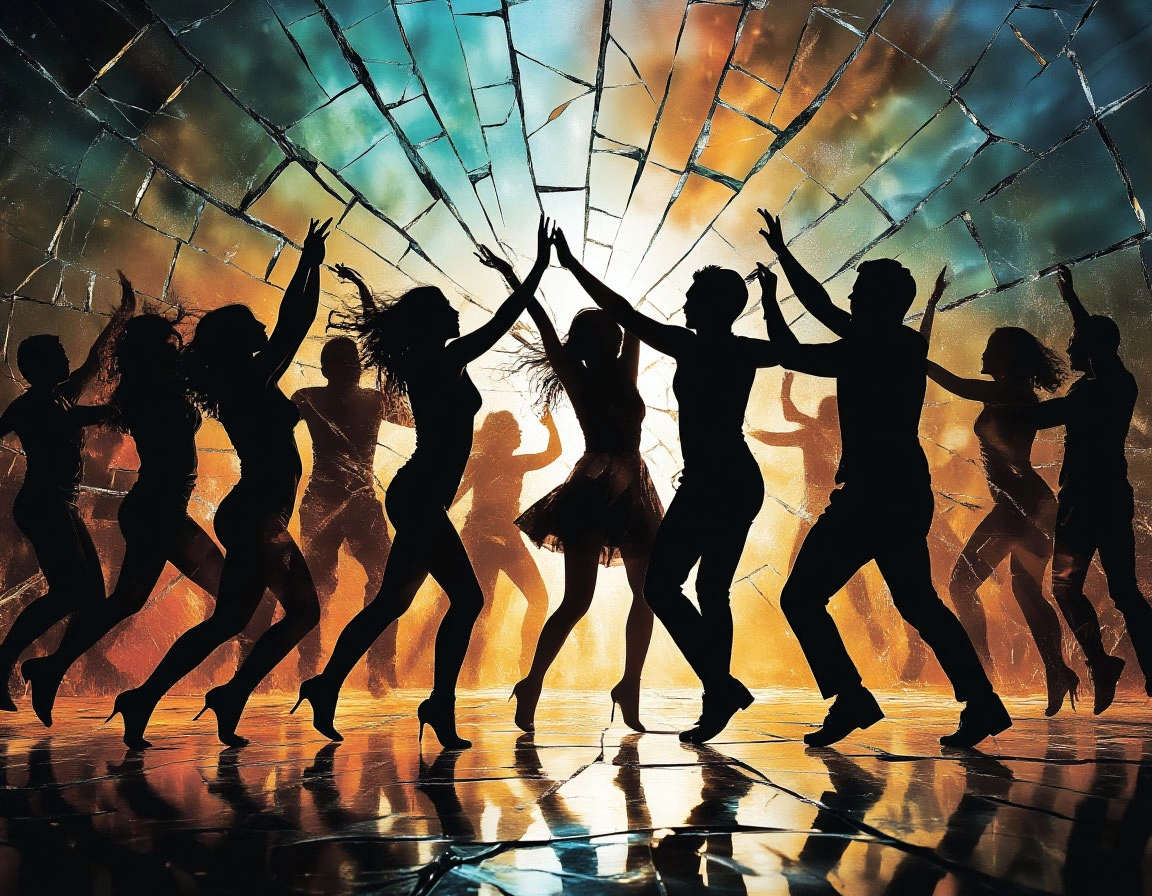
🎵 Recommended Listening Experience:
Put on your best headphones or blast it through your car stereo. Turn it all the way up. Go for a run. Dance in your living room. Let go — that’s what Tyler wants you to do.
Track Highlights (Unofficial):
- “Big Poe” — Bold opener featuring Busta Rhymes sample and mystery guest
- “Dimeglass” — Infectious rhythm with club energy
- “Sweatroom” — Evokes the album’s release party energy
More details will no doubt emerge, but for now — the dance floor is open.